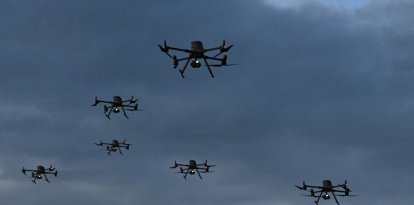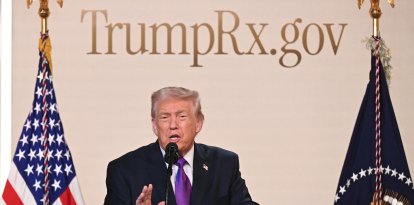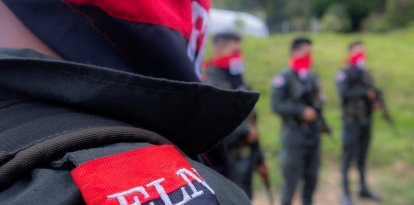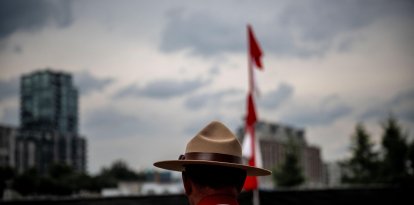Do Not Fall for the China-TikTok 'Strategic Ploy'
Beijing wants to tap the app data for blackmailing and intimidating Americans.
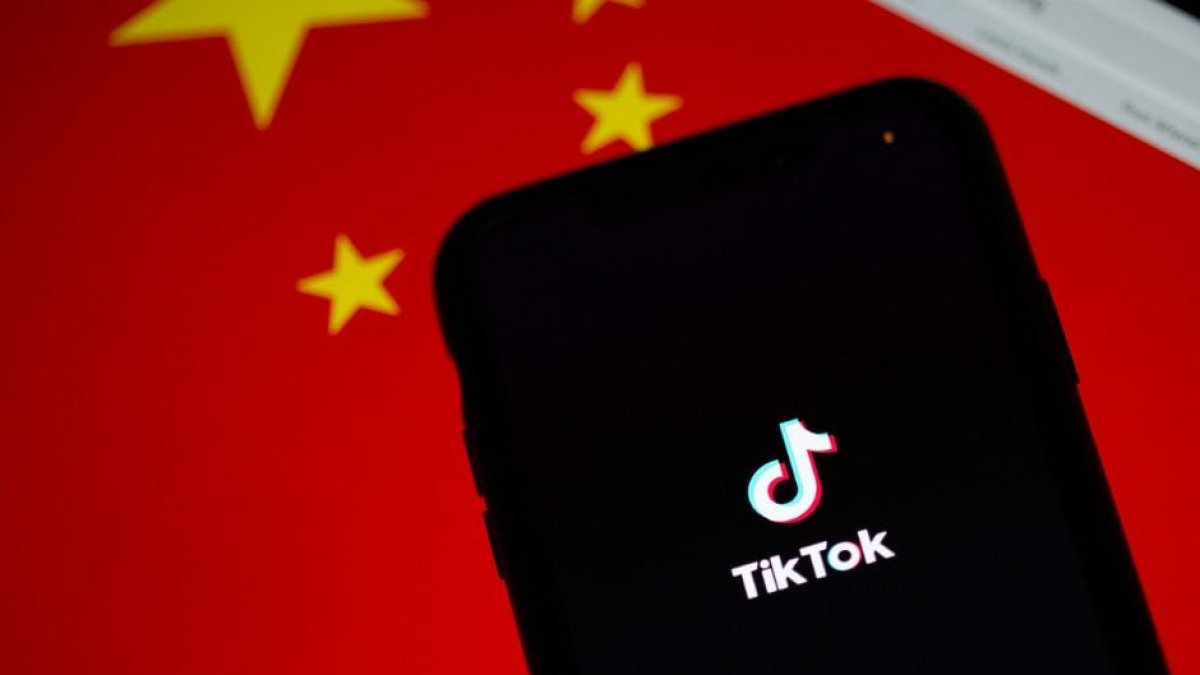
Solen Feyissa / Flickr.
TikTok, the extremely popular video-sharing app, is in the midst of another round of negotiations with the U.S. federal government over data security.
The Biden administration should terminate the seemingly endless discussions and either require TikTok to stop operations in the U.S. or force its Chinese owner to sell the app lock, stock and barrel to American parties. No other solution is acceptable from national security and First Amendment points of view.
President Joe Biden's failure to counter the known threat of the TikTok platform is a prime example of Washington's bipartisan inability to recognize the comprehensive nature of the Communist Party's assault on America. China wants to tap TikTok data for, among other purposes, blackmailing and intimidating Americans.
TikTok and its owner ByteDance have repeatedly made promises about the security of personal data of Americans, but they have violated all pledges. "TikTok's assurances of increased transparency and data security are a strategic ploy to placate American regulators," said Chuck Flint, a former U.S. Senate chief of staff and now TikTok expert, to Gatestone.
The most recent revelation involves the tracking of locations of U.S. users. On December 22, 2022, ByteDance announced it had fired four workers who had, according to the company, improperly accessed location data on two journalists and other users in the United States. The fired employees were attempting to find who had leaked internal company documents to BuzzFeed and the Financial Times.
BuzzFeed reported on June 17, 2022 that audio recordings of more than 80 internal TikTok meetings showed that ByteDance employees had accessed nonpublic U.S. user data from September 2021 to the following January. "Everything is seen in China," a member of TikTok's Trust and Safety Department said in September of last year. A "Beijing-based engineer" known as "Master Admin" had "access to everything."
Moreover, it appears that the U.S.-based operations of TikTok resembled a Potemkin village. "U.S. staff did not have permission or knowledge of how to access the data on their own, according to the tapes," BuzzFeed reported.
TikTok had said it never shared user data with the Chinese government and would not do so. The BuzzFeed reporting demonstrated that this assurance and similar ones were false.
China will almost certainly obtain U.S. user information one way or another: by taking advantage of technical loopholes in promised protections, by violating agreed protections outright, or by getting U.S.-based personnel to commit espionage.
Forbes believes its journalists had also been targeted. ByteDance denials of the Forbes allegations do not appear truthful. "The platform has repeatedly lied about its data-sharing practices to Congress, and there is no reason to begin trusting them now," Flint added, referring to TikTok.
"The public trust that we have spent huge efforts building is going to be significantly undermined by the misconduct of a few individuals," Liang Rubo, ByteDance chief executive, wrote in an email message to employees on the day of the announcement of the firings.
"Misconduct of a few individuals"? ByteDance, a private Chinese company, is under a compulsion to commit espionage, as are all China's citizens and businesses. Articles 7 and 14 of China's 2017 National Intelligence Law require every Chinese national and entity to spy if authorities make a demand. More important, in China's top-down system, every person must follow Communist Party directives.
TikTok since 2019 has been negotiating data-protection measures with Washington and has now come up with complicated arrangements. It has proposed a "proxy" board that would run a new United States Data Security division, supposedly independent of parent company ByteDance. The Committee on Foreign Investment in the United States, a Treasury Department-led interagency task force, would screen three members of the board, and ByteDance would not control the board. Independent auditors and monitors would report to CFIUS, as the task force is known, but be paid for by ByteDance.
Austin, Texas-based Oracle Corp. would, among other things, store TikTok user data in the United States.
TikTok said this proposal was "comprehensive." Nonetheless, the Department of Defense, the Federal Bureau of Investigation, and the Central Intelligence Agency are all opposed to the deal because TikTok would still be dependent on ByteDance.
China will almost certainly obtain U.S. user information one way or another: by taking advantage of technical loopholes in promised protections, by violating agreed protections outright, or by getting U.S.-based personnel to commit espionage.
In addition, there is a deal-killer objection to TikTok's proposed plan: It is called the First Amendment to the Constitution. TikTok's proposals, in the words of the Washington Post, "give federal officials veto power over many key decisions, including who sits on its board of directors."
That control is potentially dangerous because Beijing has over the years used TikTok in its various influence and propaganda campaigns, and the control of the algorithm that determines what users see would be especially important in political campaigns. In fact, the Democratic National Committee, realizing the potential of the app, joined TikTok in March. Even if the Republican National Committee joined, federal officials could conceivably help steer voters to one side or the other.
"The only acceptable deal requires ByteDance's complete divestment of TikTok," says Flint. "Unless there is full separation, the Communist Party will maintain influence over the platform. Unless there is full separation, the Communist Party controls the system."













